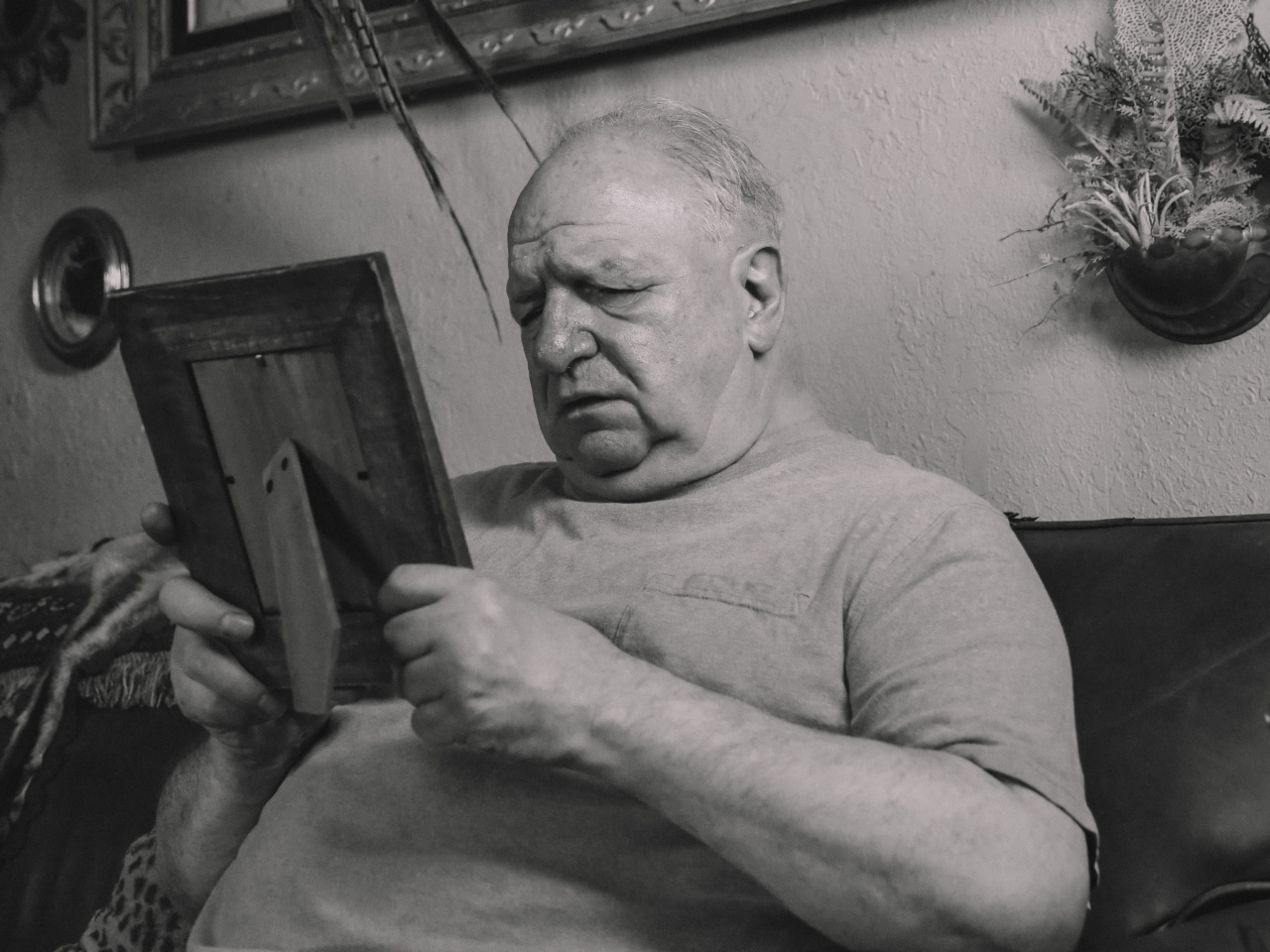Dementia is a progressive disorder that affects brain functions like memory, language, and behavior. Psychiatric symptoms are common in dementia patients, including agitation, aggression, delusions, hallucinations, depression, and anxiety.
These symptoms can significantly impact the quality of life for patients and their caregivers, and often require careful management. This article discusses some strategies for addressing psychiatric symptoms of dementia.
1. Identify the Cause of the Symptom
The first step in addressing psychiatric symptoms of dementia is to identify the underlying cause of the symptom.
Some symptoms may be related to the progression of dementia, while others may be related to other medical conditions or medication side effects. For example, urinary tract infections and constipation can cause confusion and agitation, while certain medications can cause hallucinations and delusions.
It is crucial to evaluate the patient for medical conditions that might cause psychiatric symptoms. Evaluating for the use of prescribed and over-the-counter medications is also recommended.
2. Find a Safe and Comfortable Environment
A safe and comfortable environment can be helpful in reducing psychiatric symptoms of dementia. A person with dementia may become agitated when they feel out of control or disoriented.
By creating a environment that is familiar and calming, symptoms may lessen or become less frequent. This could include creating a routine for the person with dementia, not making sudden changes, and creating a welcoming and friendly physical environment.
3. Non-Pharmacological Therapies
Non-pharmacological therapies like physical exercise, music therapy, pet therapy, and aromatherapy can be effective in treating psychiatric symptoms of dementia. Exercise can help reduce anxiety and depression and improve physical health.
Music therapy can have a calming effect on the person with dementia. Pet therapy has been found to reduce agitation and improve social behavior. Aromatherapy can help reduce anxiety and depression, and promote relaxation.
4. Medication Management
Medications can also be used to treat psychiatric symptoms of dementia when non-pharmacological therapies fail. However, medications carry risks and benefits that should be considered. Antidepressants are sometimes used to treat depression and anxiety.
Antipsychotics can be used to treat hallucinations, delusions, and aggression. However, antipsychotics can cause side effects like sedation, confusion, and increase the risk of stroke, heart attack, and death, especially in elderly patients.
Therefore, it is recommended to use antipsychotics with caution and for short periods of time, under the supervision of a physician or psychiatrist.
Frequent monitoring is recommended to evaluate the effectiveness of treatment and to detect any adverse effects. Additionally, some new medications have emerged on the market but their use and efficacy are still being investigated.
5. Caregiver Support
Caring for a person with dementia can be challenging and stressful. Caregivers often experience feelings of isolation, depression and grief. It is vital that they take care of themselves, emotionally and physically.
Caregiver support includes counseling, respite care, and training programs that teach caregivers how to interact with, and care for, persons with dementia.
6. Conclusion
Psychiatric symptoms of dementia are prevalent and significantly impact the quality of life for patients and caregivers.
A comprehensive approach to their management is recommended, including a thorough evaluation for the cause of the symptom, creating a safe and comforting environment, non-pharmacological therapies, medication management, and caregiver support. By using multiple strategies, the quality of life for persons with dementia and caregivers can improve.































